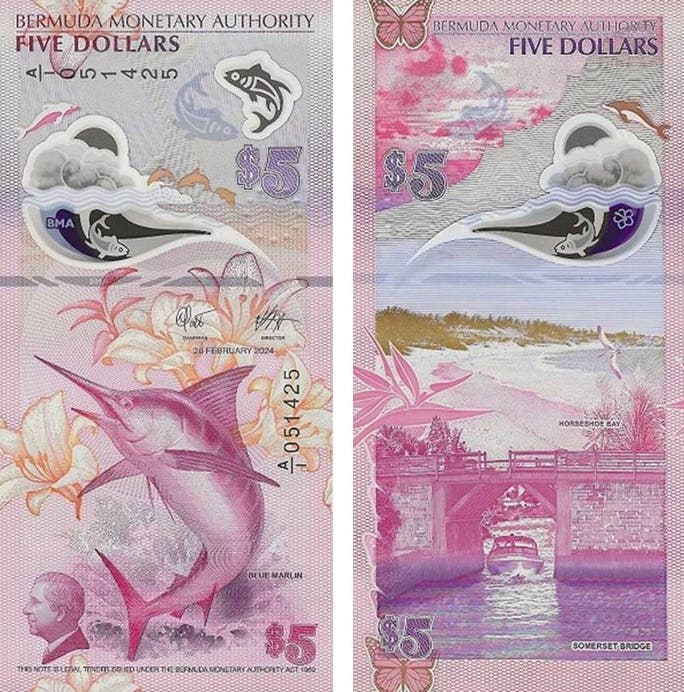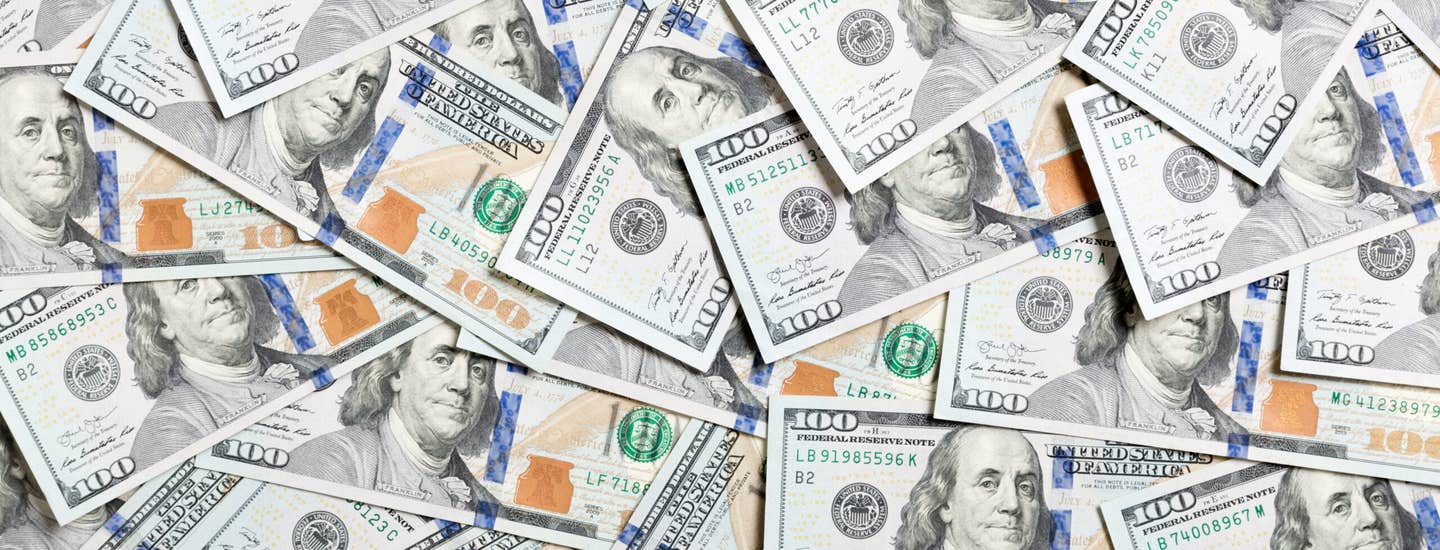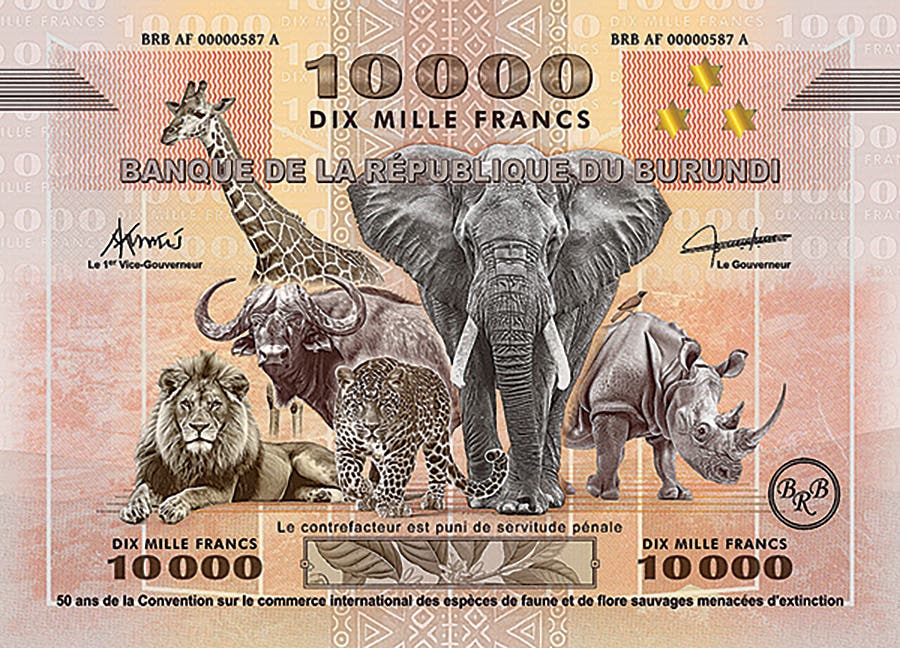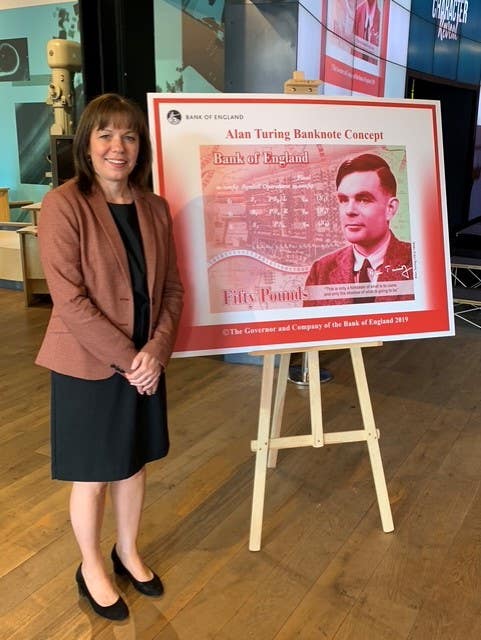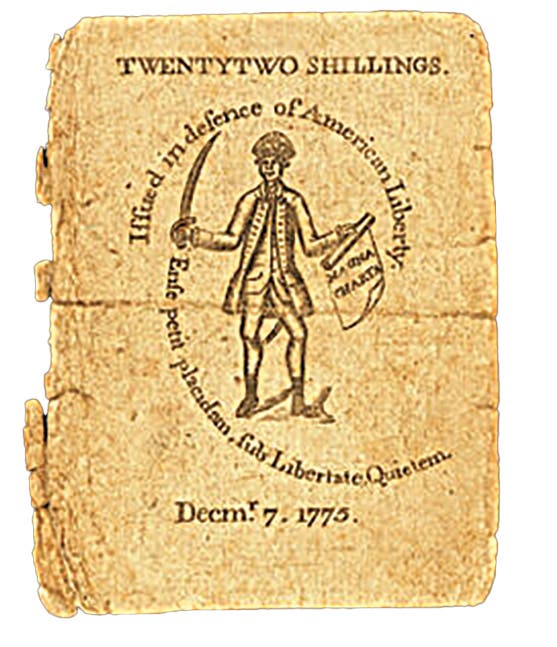Central and Eastern European Bank Note Auction Earns “Most Successful” Title at Noonans
Many bank notes from the era of the fall of communism in the late 1980s and early 1990s have become both relics of governments’ past and quite collectible.
Upon the fall of communism across Central and Eastern Europe in the late 1980s and early 1990s, many of the regions' newly formed countries ushered in a new era of national currencies. They began to find their footing as independent nations, with some joining the European Union, and currencies like the Koruna, Deutsche mark, and Dinar began to lose relevancy, and sometimes completely dissolve, to the euro.
Although many bank notes from this era have become relics of past governments, they have also become quite collectible for European bank note enthusiasts. A collection of such bank notes from Central and Eastern Europe at Noonans’ November 28, 2024, auction is a prime example. Known as the “Cook Collection,” this colorful assortment of bank notes from 23 former and current countries in Central and Eastern Europe was spread across 251 lots and date between 1899–2003. Upon completion of the event, the auction earned beyond its £150,000 ($157,460) estimates with over £250,000 ($262,433) of winning bids, selling at 96% completion.
“The results were beyond expectations, with Albania, Bulgaria, and Romania performing exceptionally well. I understand … that many of the buyers are from the issuing countries, so it’s pleasing that many of the bank notes are going ‘back home’” explains the collection’s founder, Joe Cook.
Among the auction highlights was a 1926 Albanian 100 franka ari specimen printed with a different color scheme than issued. The note went to an Albanian collector for £14,000 ($14,715), thousands over its £3,000-4,000 ($3,154–$4,205) estimate.
Another standout was an 1899 10-leva printer’s archival specimen from the Bulgarian National Bank. It sold for £10,000 ($10,508) and is only one of two to be produced. The lucky winner was a Bulgarian bank note collector who had been waiting for such a rare find for years.
In only over a seven-year timespan (1998–2004), Cook formed his bank note collection while working as a financial journalist in Central and Eastern Europe. His passion began after purchasing an album of old bank notes from an anticariat in Bucharest. He then took on a journey to find antique notes during work trips in cities across the Eastern Bloc, such as Prague, Bratislava, Warsaw, and Skopje. “I set about looking for the folding stuff that people were carrying in their purses and wallets at the turning points in the region’s history,” says Cook in the auction’s foreword.
So, how did this collection reach Noonans? It was thanks, in a small part, to Bank Note Reporter! While searching for 1920s Bulgarian notes featuring King Boris III, Cook read an article in the magazine about an upcoming auction in Scotland featuring such a set. He didn’t end up winning the bidding war, but he sent a request to the auctioneer to meet the lucky bidder who did, Barnaby Faull. Currently the Senior Bank Note Specialist at Noonans, Faull sold the 1920s Bulgarian note to Cook and became an excellent resource for the collector for related bank notes up for auction.
Dubbing this one of Noonans’ most successful bank note auctions, Head of the Bank Notes Department Andrew Pattison states, “It was a privilege to work with Joe Cook and handle such rare and special items from a region that has traditionally underperformed. Those days of underperformance are well and truly over, and the spectacular results across the board speak for themselves.”
You may also like:
Sierra Holt



